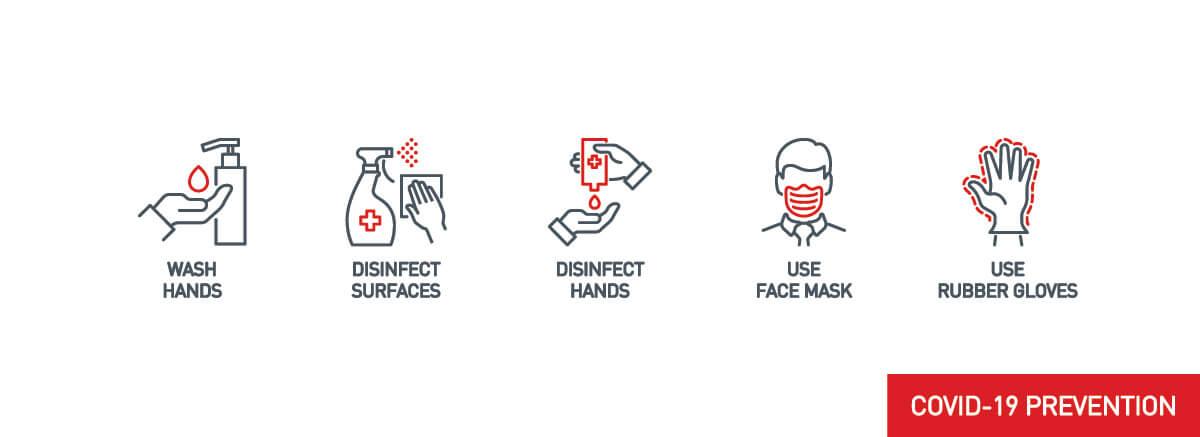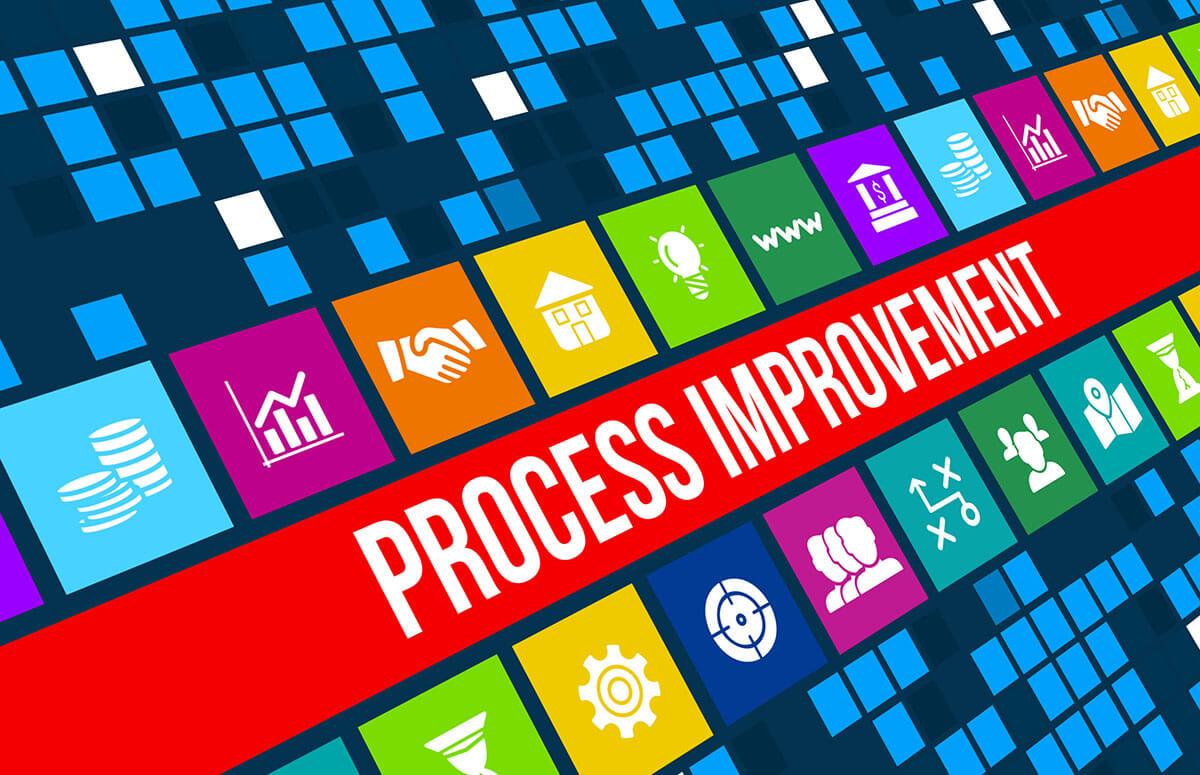Home gardening offers numerous benefits, especially when it comes to growing your own food and promoting a healthy lifestyle.
Benefits of Home Gardening
1. Fresh and Nutritious Produce: Growing your own fruits, vegetables, and herbs ensures you have access to fresh, nutrient-rich produce. Homegrown food often tastes better and retains more vitamins and minerals compared to store-bought options.
2. Cost Savings: By growing your own food, you can save money on groceries. Seeds and seedlings are relatively inexpensive, and the return on investment can be significant, especially for high-yield plants.
3. Environmental Impact: Home gardening reduces your carbon footprint. It eliminates the need for transportation and packaging associated with store-bought produce. Plus, you can practice sustainable gardening methods, such as composting and using organic fertilizers.
4. Physical Activity: Gardening is a great form of exercise. It involves activities like digging, planting, weeding, and watering, which can help improve your physical fitness and overall health.
5. Mental Health Benefits: Spending time in the garden can reduce stress, anxiety, and depression. The act of nurturing plants and being in nature has a calming effect and can boost your mood.
Food from Yard (or Container) to Table
1. Convenience: Having a garden or container plants means you have fresh ingredients right at your doorstep. This convenience encourages you to cook more at home, leading to healthier eating habits.
2. Flavor and Variety: Homegrown produce often has superior flavor compared to store-bought options. You can also experiment with growing different varieties of plants that may not be readily available in stores.
3. Educational Opportunities: Gardening can be a fun and educational activity for the whole family. It teaches children about where food comes from and the importance of healthy eating.
Healthy Living
1. Better Nutrition: Eating fresh, homegrown produce can improve your diet by increasing your intake of fruits and vegetables. This can lead to better overall health and a reduced risk of chronic diseases.
2. Mindful Eating: Growing your own food fosters a deeper connection to what you eat. This mindfulness can lead to healthier food choices and a greater appreciation for the effort that goes into producing food.
3. Community Building: Gardening can be a social activity. Sharing surplus produce with neighbors or participating in community gardens can strengthen social bonds and create a sense of community.





